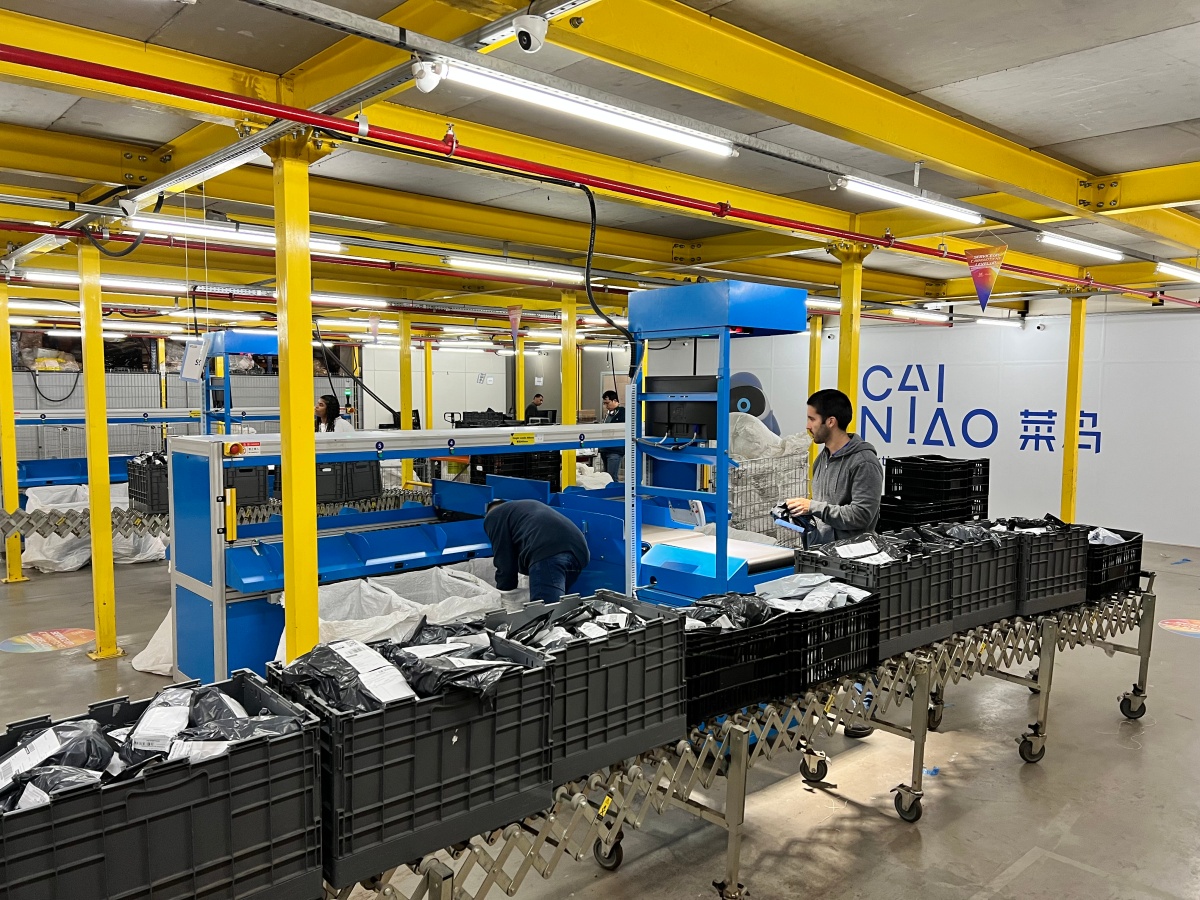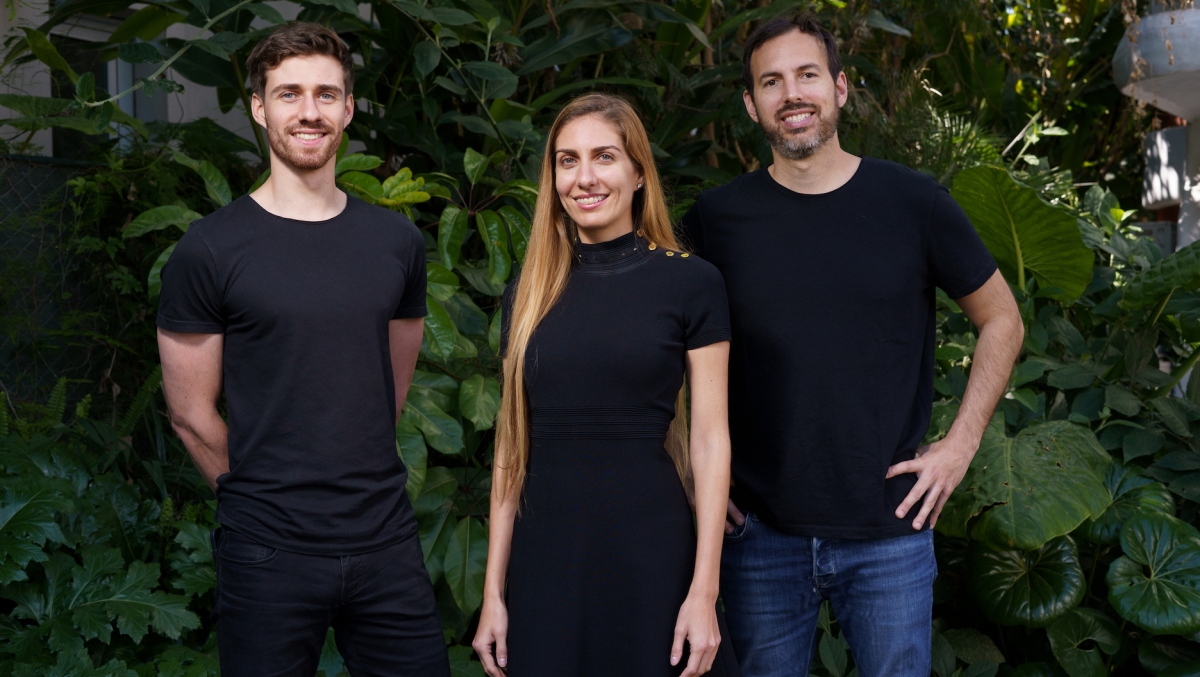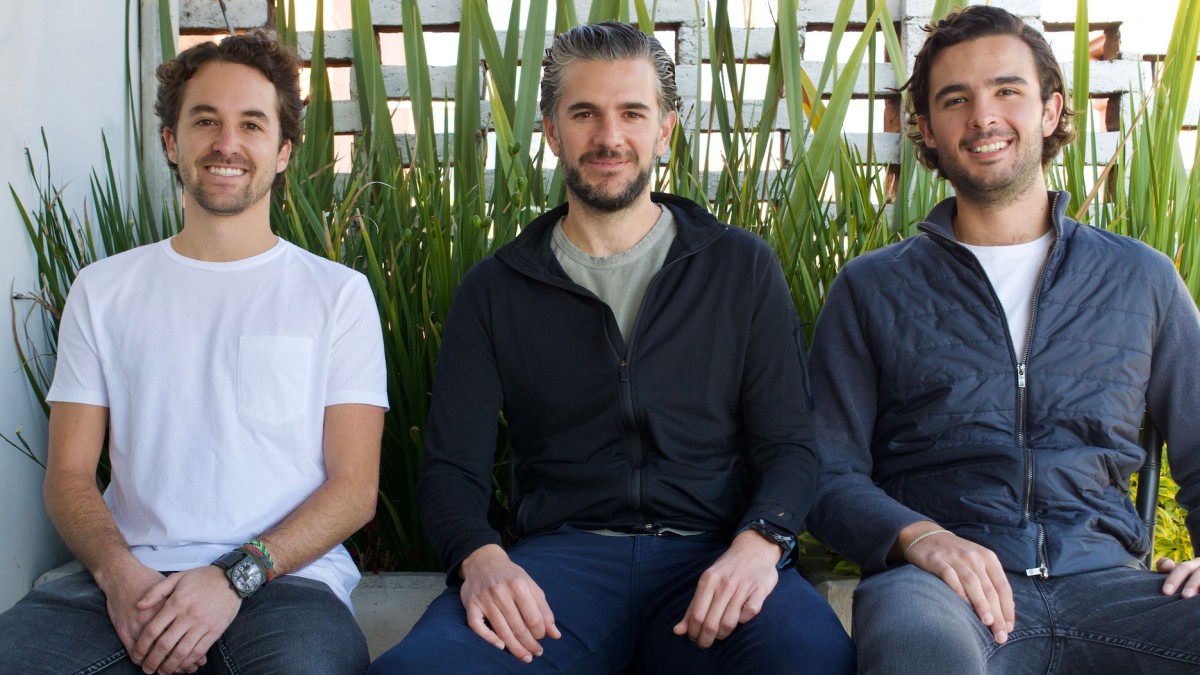Alibaba eyes logistics growth in LatAm as China commerce slows • ZebethMedia
Cainiao, the logistics arm of Alibaba, is traveling far from home to seek expansion for its business. The company recently launched its first parcel distribution center in Brazil, adding to its regional network of sorting centers in Mexico and Chile, it said Monday. Alibaba’s e-commerce business in China has been hurt by a combination of a cooling economy and aggressive rivals like Pinduoduo. For the first time, the firm didn’t disclose the sales tally for its annual “Singles Day” shopping festival, which fell on November 11 and used to come with a Super Bowl-like gala featuring pop idols and Jack Ma himself. Cainiao has been following AliExpress abroad, helping the Alibaba-owned cross-border marketplace deliver Chinese goods to consumers around the world. But it’s now ramping up domestic services in some countries, hoping to turn local retailers into its clients. Earlier this year, the logistics giant began providing express courier service in Brazil, which now spans over 1,000 cities. The new facility in Brazil is slated to further boost Cainiao’s presence in the country. The plan is to open nine more distribution centers in seven states and set up 1,000 “smart lockers” across ten cities over the next three years. Smart lockers, which let customers pick up their e-commerce packages, have become a common sight in China. It saves couriers from running up and down buildings to deliver to people’s doorstep and helps reduce human contact during COVID-19 times. In Brazil, Cainiao aims to use the infrastructure for intra-city and cross-border logistics services as well as food delivery in the future. One of Cainiao’s smart locker clients is Piticas, a retail franchise focused on geek and pop culture products. “Our consumers can shop online and receive their parcels in a few days. In the future, we look forward to cooperating with Cainiao to utilize its smart lockers, which gives our customers more options for pick-up, as well as imports from China to Brazil, further increasing the efficiency of our supply chain,” said Vinicius Rossetti, CEO of Piticas, in a statement. Cainiao also wants to help Brazilian merchants export goods like coffee, nuts, and propolis to China, reversing the traditional trade route. The company currently operates eight weekly chartered flights between China and Brazil and plans to add more air and sea routes between the countries. In July, Cainiao opened its sorting center in Israel, bringing the number of its overseas sorting centers in use to ten at the time. As of June, Cainiao had more than 7,700 smart lockers in operation in Europe. The logistics unit accounted for roughly 5.6% of Alibaba’s revenues in the three months ended June.


